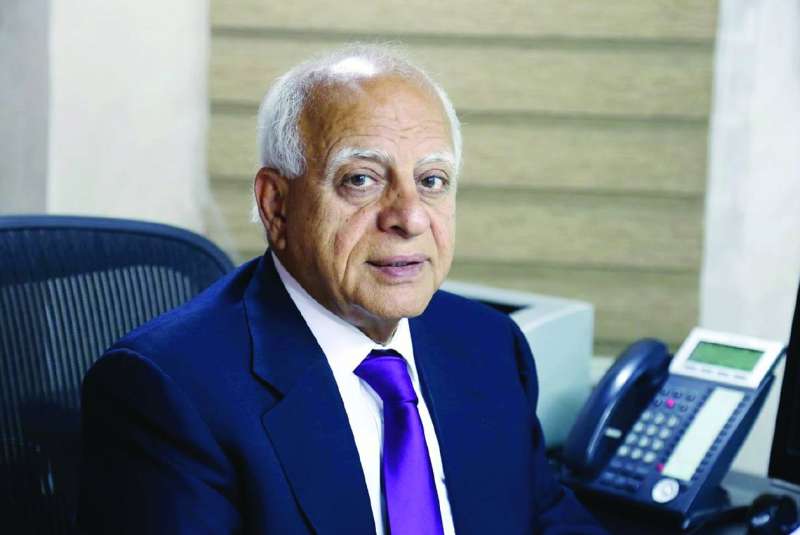01/08/2024
01/08/2024
Colleague Salah Al-Sayer argues in a video clip that most Arab countries are not genuinely Arab, and that the concept of an “Arab nation” is a myth.
He critiques the proponents of Arab unity, who base their ideology on shared history, geography, religion, language, and other factors.

Al-Sayer’s research suggests that “Arab history” is fragmented and cannot be universally applied or believed. For example, he questions the commonalities between the histories of Lebanon, Morocco, the Sudan, and Yemen.
He contends that the presence of a shared history between two neighboring countries is a natural phenomenon seen worldwide, not exclusive to Arab countries.
Geographical proximity, according to Al-Sayer, is also meaningless. He compares the Arab world to South America, where countries share similar features, languages, heritage, religions, and traditions, yet do not feel compelled to unite under a chauvinistic nationalist impulse. He questions why Arabs should strive for unity amidst significant differences.
“Regarding religion, Al-Sayer points out those common religious beliefs do not necessarily unify groups. He cites the example of over 1.4 billion Catholics and other Christians who do not form a unified entity.
“Within the Islamic religion, there are various sects and groups, and many Arab countries have substantial non-Muslim minorities. He argues that if Syria and Iraq were to unite on a religious basis, millions of non-Muslims, including Christians, Jews, Druze, Baha’is, and Alawites, would be marginalized.
“Al-Sayer also challenges the notion of a common language as a unifying factor. He compares the Arab world to Francophone countries, which share the French language but have little else in common, and notes that France, a former colonizer, leads this cultural group. He doubts that shared language alone would prompt countries to support one another militarily.
“He believes that Arab unity and Arab nationalism were originally British and French ideas aimed at creating a military entity against the Ottoman Turks, realized partially through the Arab Revolt.
“Arab Christians, fearing Islamic numerical dominance and potential marginalization, played a significant role in promoting Arab nationalism. The idea primarily focused on uniting Egypt, Iraq, and the Levant, while peripheral regions like the Arabian Peninsula, Sudan, and North Africa were largely excluded.
“Al-Sayer underscores the cultural, aspirational, physical, and traditional differences among Arab countries. He argues that uniting these diverse nations under one umbrella would not transform their collective status.
“Instead, he advocates for each country to focus on its own scientific, cultural, and financial development before entertaining the notion of a potentially unattainable unity. He concludes that small, wealthy countries are unlikely to merge with larger, economically struggling nations.
“For instance, Jordan, which once supported Saddam Hussein’s invasion of Kuwait, would not accept a union with Sudan but might consider merging with a similarly small and rich country. Ultimately, he asserts that practical interests, not nationalist sentiments, should guide these decisions.”
e-mail: [email protected]
By Ahmed alsarraf


